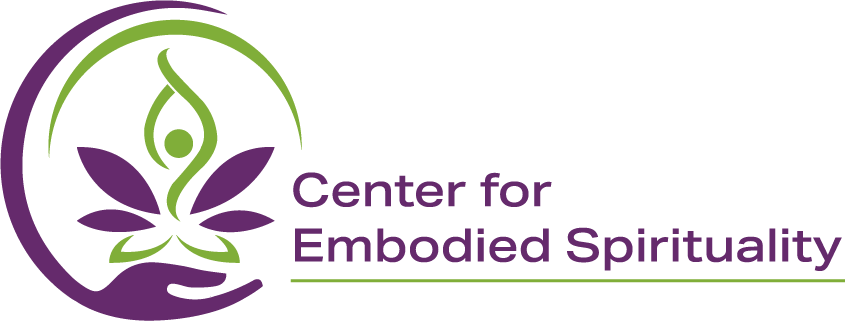The Coffee Isn’t Ready To Drink Until It Is Brewed
Impatience is a common trait, especially in Western societies where discomfort is met with little tolerance. Remember late 2020 when retail establishments began to open up, but not everyone returned to work? The frustration, long lines, and irritability were palpable. I observed this with a mix of compassion, amusement, and irritation towards the impatient ones. Drawing from my experiences south of the border and my Buddhist practice, I’ve learned the value of patience and accepting what cannot be changed. I started using my wait times to connect with others through brief conversations, reflect on my inner agitation, or silently chant, thus reducing my own suffering. Admittedly, I’m no master at this, which is why it’s called ‘a practice,’ not ‘a perfect.’
I see this same impatience in my work as a Spiritual Doula. On the spiritual journey, we initially focus on healing our own wounds, a somewhat self-centered pursuit. Even when we extend our focus to healing for the sake of loved ones affected by our past actions, there’s still a hint of self-interest, as their pain becomes our own. However, as we continue on the path, we discover that our healing ultimately leads to embodying Boddhisatva energy—the realization that we are called to pass on this healing to others who suffer.

For those drawn to the Boddhisatva path, waiting for guidance can be challenging. We often desire to see the path far ahead, wanting a clear sense of direction. Yet, the greater truth is that we only need to know the next step. Sometimes, we do not know it until the moment our foot lands. Part of the practice is trusting the universe’s organizing principle, understanding that we are in a percolating stage, and the coffee will be ready to drink when fully brewed. In the meantime, we must keep percolating or as the Buddhists say “chop wood, carry water,” just continue with our mindfulness practice.
Proverbs and adages, like “The coffee is not ready to drink until it is brewed,” serve as reminders of fundamental wisdom. They help soothe our anxious minds and reconnect us with reality. In Buddhist practice, similar sayings are used, such as “not my circus, not my monkeys” (meaning we don’t have to take on others’ chaos) or “If you meet the Buddha in the road, kill him” (indicating that true wisdom resides within us, not some external guru). In Spanish, we have dichos—quotes, words, and riddles often rhyming, carrying nuggets of truth like “No hay mal que dure 100 años,” meaning, no matter how bad it is, it won’t last forever. or “A palabras necias, oídos sordos,” meaning, “Don’t pay attention to negative things that people say about you.”
Integrating these adages into our mindfulness routines proves invaluable when we recognize any part of ourselves trying to dominate. You can draw from existing adages or even craft your own, tailored to your specific circumstances—much like how I recently coined “The coffee is not ready to drink until it is brewed,” during a session with one of my clients.
May you practice well.


